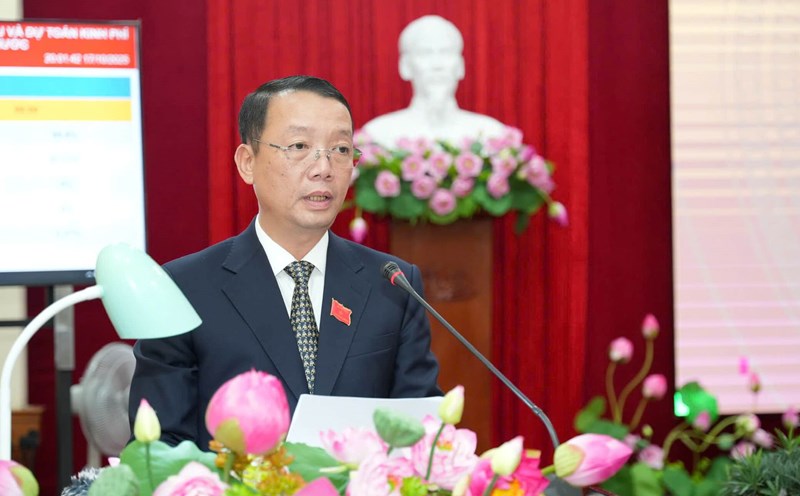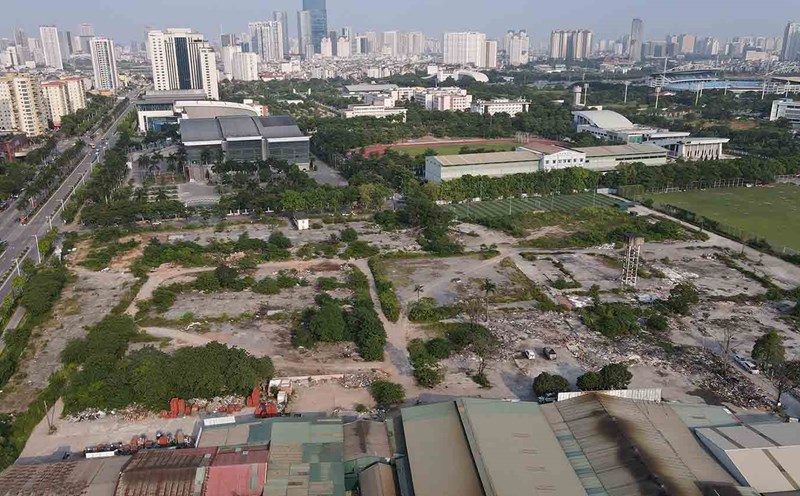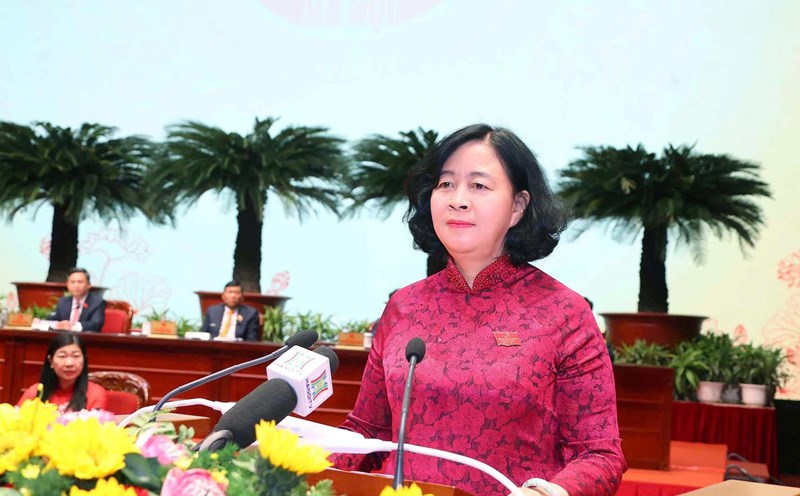If you are not determined, it will be difficult to convert
According to some people, the new draft policy is expected to promote the transition to green vehicles, reducing environmental pollution pressure.
Mr. Nguyen Van Thang, a service driver in Hanoi, commented: "I completely agree with tightening fuel consumption standards. Gasoline-efficient vehicles are both cost-effective and cause less smoke and dust. We also hope that, along with this draft, the authorities will have more support policies to help people feel secure in converting.
From a technical perspective, Mr. Nguyen Manh Cuong, owner of a car garage in Cau Giay, expressed his support: "If the average standard is 4.83 liters/100km, manufacturers must increase the production of electric vehicles. At that time, the market will have more options. People benefit, the environment also improves significantly".
Standard 4.83 liters/100km - completely feasible
According to Associate Professor, Dr. Nguyen Dinh Tho, Deputy Director of the Institute of Strategy and Policy on Agriculture and Environment (Ministry of Agriculture and Environment), the figure of 4.83 liters/100km is not a "barrier", but a driving force for businesses to innovate technology and expand the range of fuel-efficient products.
This is the average consumption rate of the whole brand (CAFC), meaning that businesses can be flexible: Selling vehicles with higher consumption, as long as compensation is paid by economy vehicles or electric vehicles to ensure the overall standard. This approach both ensures emission reduction progress and creates space for innovation for businesses, Mr. Tho analyzed.
He emphasized that Vietnam is facing an urgent need to reduce greenhouse gas emissions. If the target of 4.83 liters/100km is achieved by 2030, CO2 from vehicles can be reduced by millions of tons per year, making an important contribution to the commitment to net zero emissions by 2050.
MSc. Dinh Trong Khang, Deputy Director of the Institute of Environmental Management - Institute of Transport Science and Technology (Ministry of Construction), said that the consumption of 4.83 liters/100km is completely within reach if businesses start investing right now.
Major automakers in the world have reached consumption of over 4 liters/100km many years ago. Many current models in Vietnam have also reached this level. Therefore, domestic enterprises need to consider this an opportunity to upgrade products and participate more deeply in the global value chain.
Mr. Dinh Trong Khang also said that if Vietnam is steadfast in its roadmap to 2030, manufacturers will proactively convert, reduce import of used cars, increase the proportion of electrified cars, thereby helping the automobile industry develop more sustainably and technologically.
Experts suggest that, in order for the standards to be effective, the State needs to synchronously implement policies such as: Registration tax incentives, registration fees for fuel-efficient vehicles and electric vehicles; Compulsory energy labeling, publicizing fuel consumption on each vehicle model; Strengthening charging station infrastructure and encouraging businesses to invest in green technology.
These measures not only support people to change vehicles, but also help businesses confidently invest in new technology and produce vehicles that meet international standards.
The roadmap to 2030 is a reasonable time for all parties to act together. People have time to adapt, businesses have enough time to prepare, and management agencies have time to complete policies. More importantly, this is the first step for Vietnam to build an environmentally friendly, economical transportation and integrate internationally.
The application of the 4.83-liter/100km standard is not only a technical regulation, but also a message of Vietnam's determination to protect the environment, towards sustainable development.
This is the time for the whole society to support and act together, turning the 2030 roadmap into a driving force for development, instead of concerns. When everyone is unanimous, Vietnam can completely achieve the goal, so that each car on the road is greener, cleaner, and more economical.











